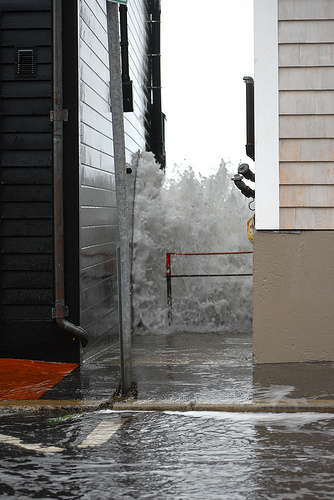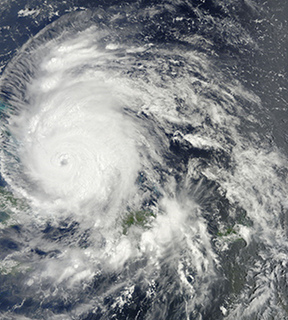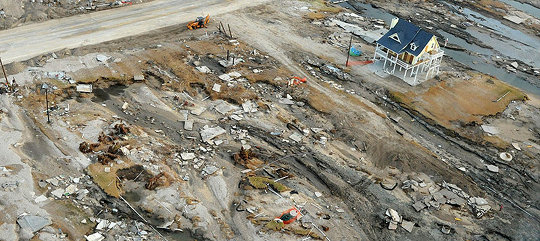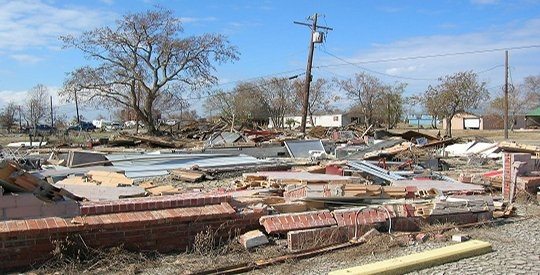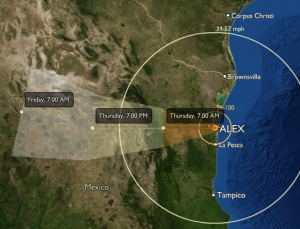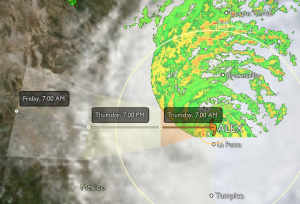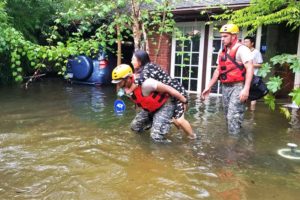 In the legislative session that ended in May 2017, the Texas Legislature passed HB 1774, which finally prevented abusive lawsuits that dramatically increased the cost of home insurance for all Texans. Unscrupulous people are taking advantage of the devastation caused by Hurricane Harvey in Texas to spread false stories about what HB 1774 did and did not change.
In the legislative session that ended in May 2017, the Texas Legislature passed HB 1774, which finally prevented abusive lawsuits that dramatically increased the cost of home insurance for all Texans. Unscrupulous people are taking advantage of the devastation caused by Hurricane Harvey in Texas to spread false stories about what HB 1774 did and did not change.
Fortunately the organization Texans for Lawsuit Reform has released a solid factual statement with the truth, the short answer of which is a resounding NO!:
Statement Regarding Hurricane Harvey and HB 1774
AUSTIN – Texans for Lawsuit Reform today issued the following statement regarding Hurricane Harvey:
“TLR was founded in Houston and continues to have strong roots in the community. We are devastated to see the damage that has been unleashed on the city, and on our friends, family and neighbors,” TLR President Dick Trabulsi said. “The Texans affected by this historic disaster deserve our full support as they begin to pick up the pieces. To assist with disaster relief efforts across the impacted area, TLR has made a donation to the American Red Cross, and we ask all Texans to join us supporting the relief efforts and in praying for all who have been impacted.”
As with any evolving situation of this nature, misinformation can spread quickly. Texans should have the facts about insurance claims following Hurricane Harvey:
The normal insurance claims process has not changed. Reform legislation passed in the last legislative session (HB 1774) goes into effect on September 1, 2017, and applies to lawsuitsfiled after that date. A person making a claim with her insurance company after September 1, 2017 will go through the same process as a person making a claim before September 1, 2017. Texans should contact their insurance companies directly to file claims.
Lawsuits are the exception – not the rule, and the vast majority of Texans will resolve their claims without needing to file a lawsuit.
Beware of anyone—lawyer, adjuster, contractor, or anyone else—claiming to help you get more money from your insurance company.
If your insurer does improperly deny or delay paying your claim, Texas has the strongest consumer protections in the nation for you, which will continue to be the case after September 1, 2017. Texans can receive full damages for unpaid claims, can recover attorney fees for legal action taken to recover those damages, and can also recover penalty interest. If an insurer acts fraudulently or in bad faith, additional remedies, including the recovery of triple damages, are available to Texans. This is true today, and it will be true after the reform legislation HB 1774 goes into effect on September 1, 2017.
The primary purpose of the new statute is to require written notice of a dispute before a lawsuit is filed. If a lawsuit is filed, it would happen months or years after the initial claim was made with the insurance company. Nothing in the new law passed by the Legislature earlier this year requires that the initial insurance claim be made in writing or by a specific date.
• The requirement for a written pre-lawsuit notice (not pre-claim notice) to the insurance company ensures the company is aware of its policyholder’s complaint and has had an opportunity to adequately address that complaint before being sued. It is a part of existing Texas law and does not disadvantage policyholders.
Furthermore, the new law will not apply to most claims or lawsuits arising from Harvey, because most of the policyholders’ claims will be for damage caused by flooding. These claims will be made under the federal flood insurance program and governed by federal law.
Similarly, the new law will not apply to lawsuits pursued against the Texas Windstorm Insurance Association (TWIA), which is subject to an entirely different statute governing post-disaster lawsuits. TWIA provides insurance for many people affected by Harvey in our coastal counties.
The law that will become effective on September 1, 2017, is designed to do two important things:
1. Discourage the feeding frenzy by lawyers and contractors following natural events occurring in Texas over the past several years. These unscrupulous actors have taken advantage of thousands of hard-working Texans over the past several years.
2. Encourage out-of-state insurance adjusters to come work in Texas following a massive disaster like Harvey. In the following days and weeks, it will be critically important for out-of-state adjusters to work in Texas to ensure that insurance claims are evaluated and paid in a timely manner.
In sum, the new law does not affect the claims process. Instead, it affects only the lawsuits that sometimes follow the claims process. Furthermore, it does not create a new deadline for action by policyholders.
